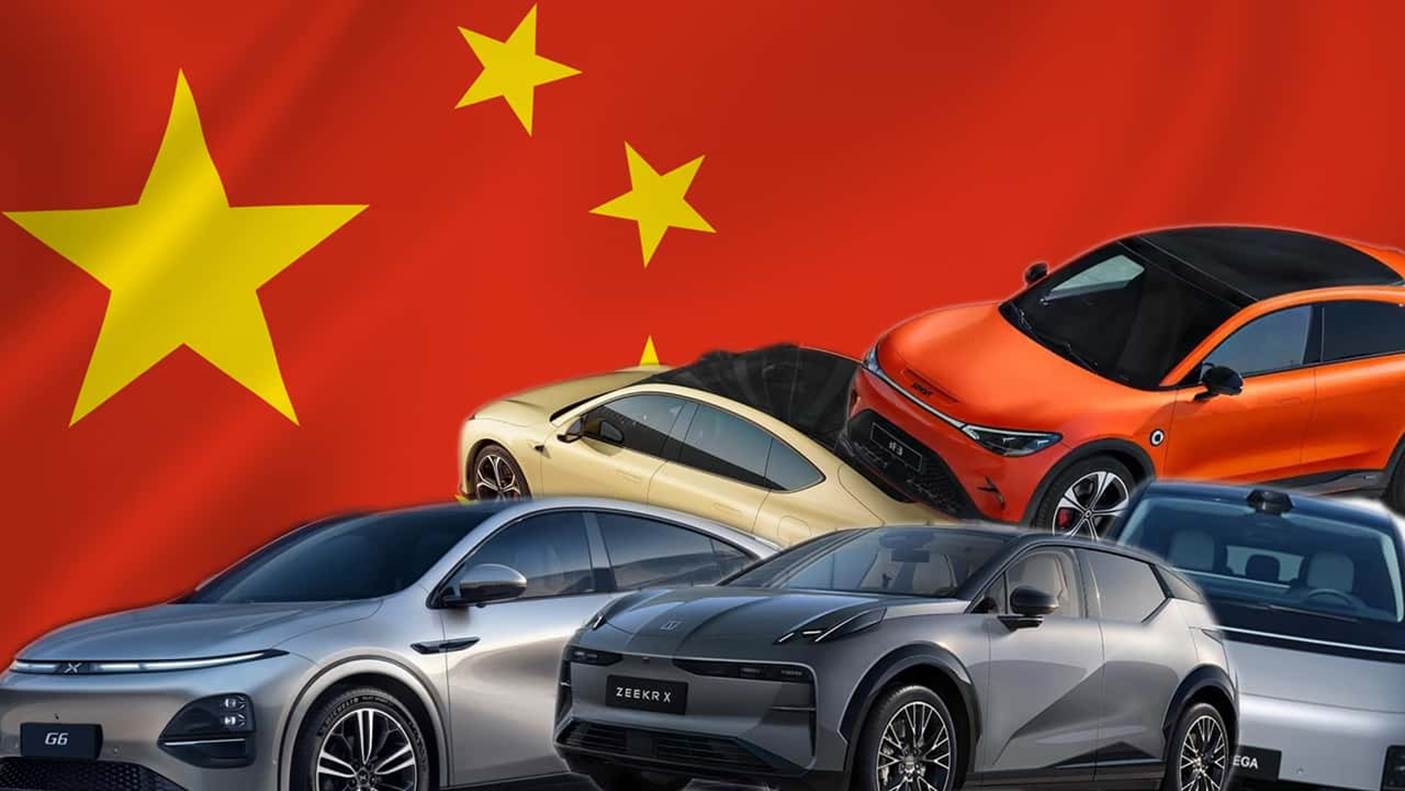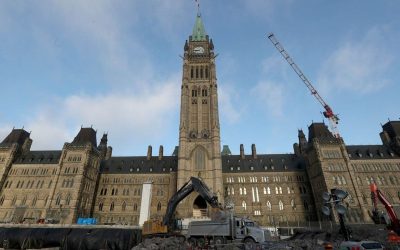The Canadian Government has mandated that ALL new cars and light trucks must be EVs by 2035. The price of an EV in Canada is typically 80-100% more than an equivalent internal combustion engine (ICE) vehicle. The country that produces the largest number of EVs and the most affordable ones, is China. Currently the tariffs on Chinese EVs is 6%, however the Government is considering an increase to ensure that the price of a new EV will remain extremely high. So far, there are no Chinese EV’s available in Canada, and an increase in the tariff to 100% would effectively prevent any from being imported.
Without question, there is substantial political and economic friction between Canada and China, however, China is without doubt the leader in producing low cost EVs. This is likely only to increase over the next 11 years. For instance, Ford, the second largest producer of EVs in North America, is reputed to be losing over $100,000 per EV it makes in North America. Tesla is a highly profitable company, but with its limited range of expensive models, its sales fell 13% last quarter. If we don’t have lower priced options for EVs in Canada, then after 2035, the price of a new vehicle in Canada will skyrocket. Keep in mind that Canada currently imports $62 billion from China, and it begs the question, why impose these super high tariffs on one product, at the same time we are mandating that all new vehicles must be EVs.
Click below to view last week’s poll question results:



